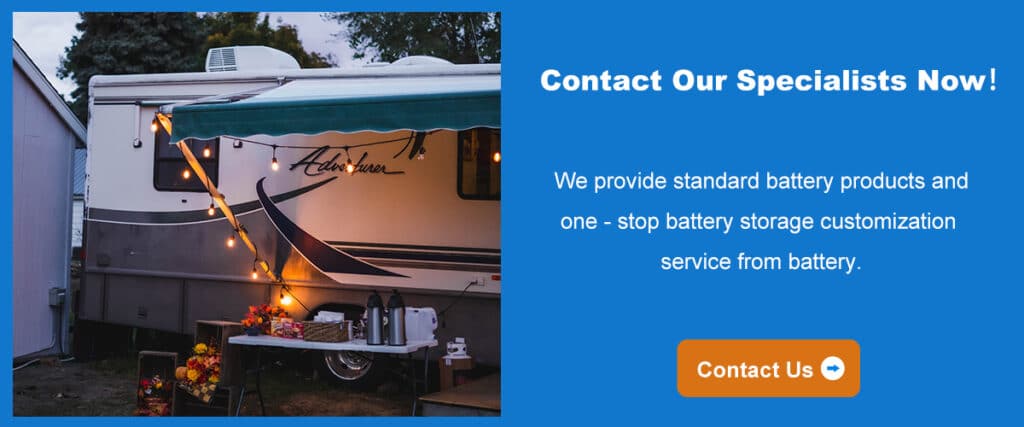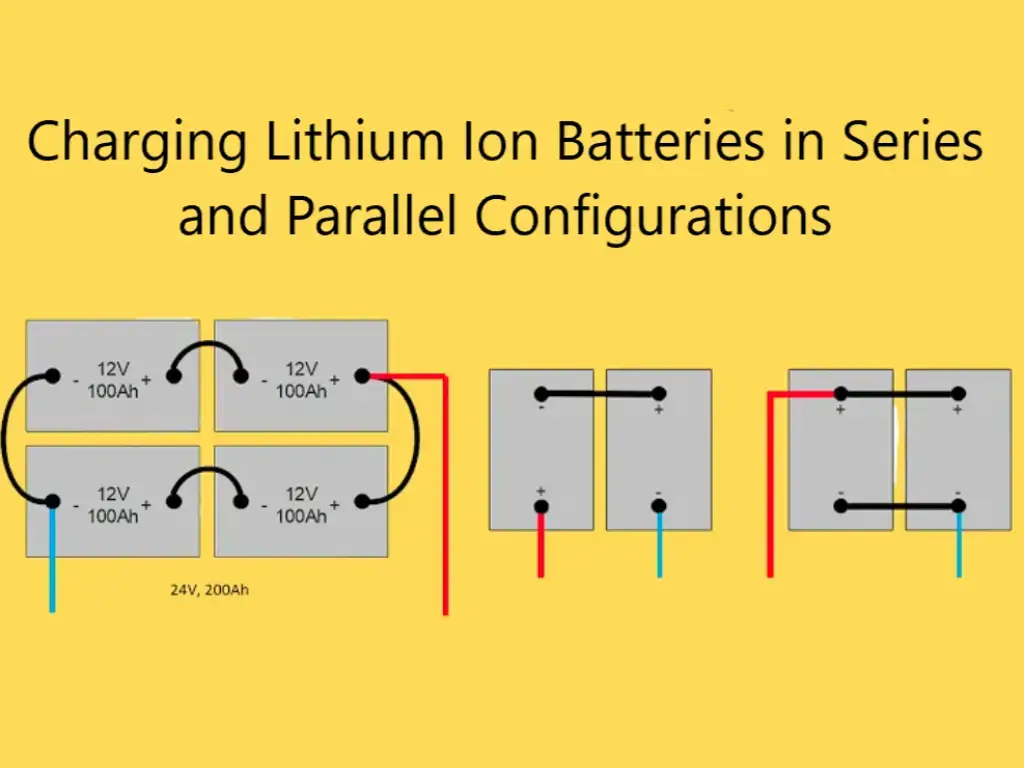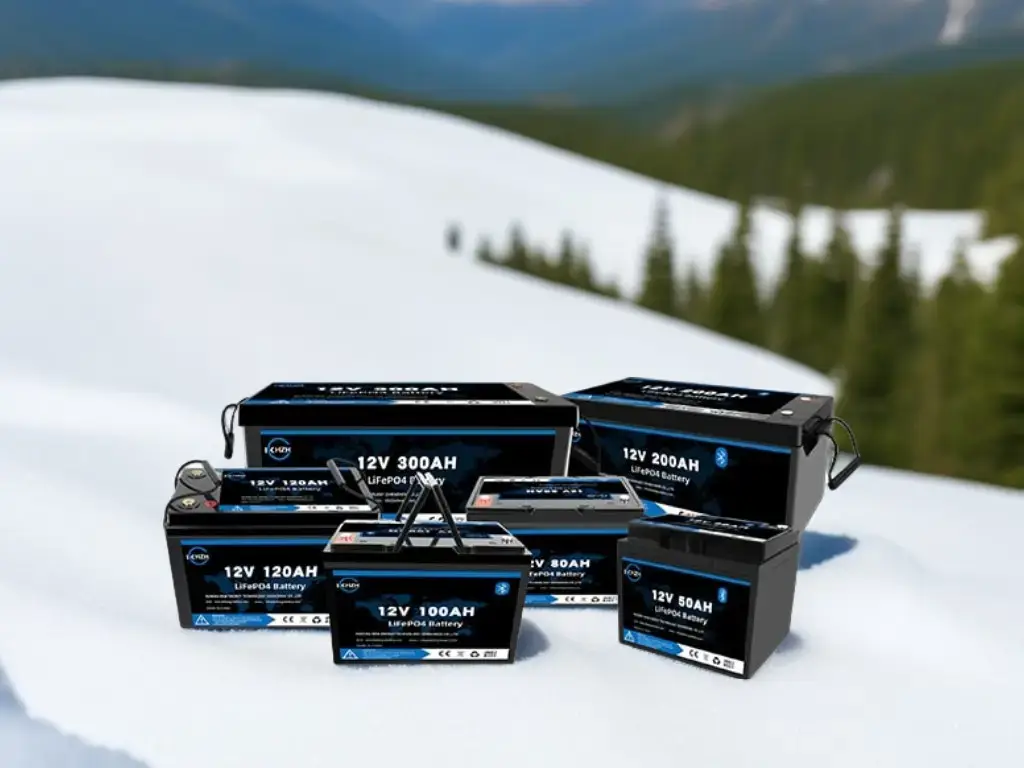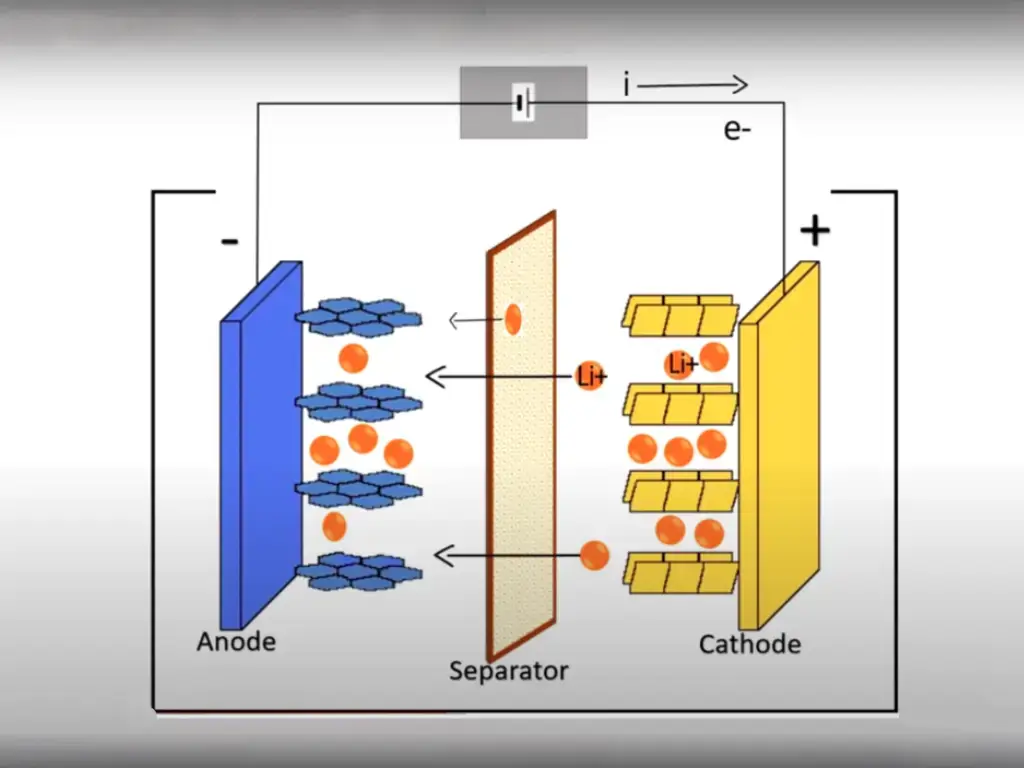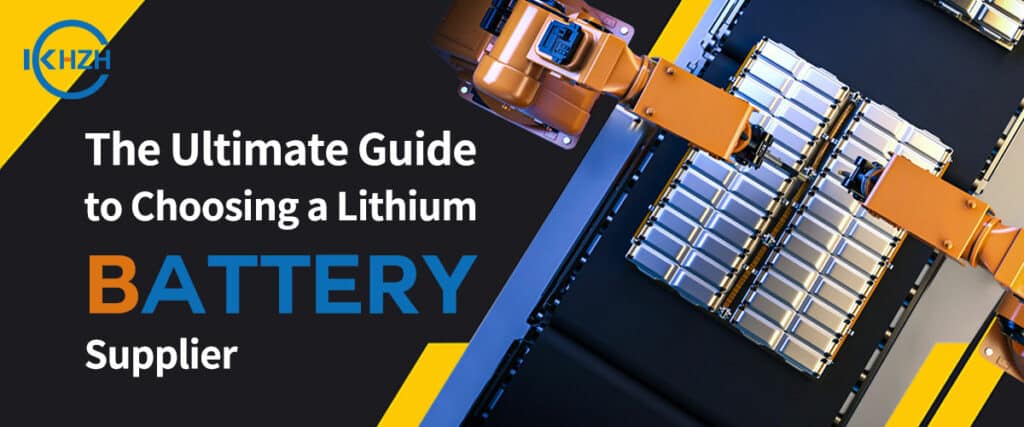
Compared with traditional lead-acid batteries and nickel-chromium batteries, lithium-ion batteries have the advantages of high energy density, long cycle life, good charging and discharging performance, high operating voltage, no memory effect, less pollution and high safety. Lithium batteries are mainly divided into consumer lithium batteries, power batteries and energy storage batteries according to downstream applications.
From the perspective of its development, lithium-ion batteries were firstly used in the 3C field, which is the consumer deep cycle lithium battery. With the improvement of Li-ion battery technology, the application areas are becoming more and more extensive, such as the power system of golf carts, marine and submarine power systems, and now the popular energy storage system.
This article will help readers understand how to choose the right lithium battery supplier.
Table of Contents
Determining Your Lithium Battery Needs
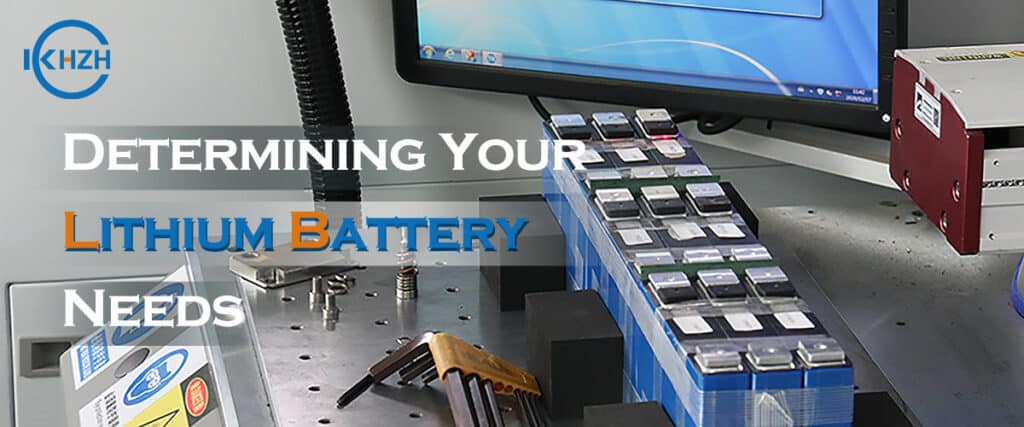
Defining your lithium battery needs is a critical step in choosing the right supplier.
Applications and Uses
First, define what application field your Li-ion battery will be used for, such as consumer electronics, electric vehicles, industrial equipment, etc.
Then, identify what applications your lithium iron phosphate battery will be used for, such as energy supply, energy storage, home battery backup power, etc.
Battery specifications and parameters
Define the battery specifications and parameters, such as voltage, capacity, size, etc., according to your needs. These parameters will vary according to different applications and uses.
Consider the rated voltage, discharge current, and charging and discharging cycles of the battery.
Lithium Battery Type
Determine which type of lithium battery you need, such as lithium-ion,lithium polymer battery, and so on. Different types of lithium batteries may vary in performance.
Quantity Requirements
Determine the quantity of batteries you need so that Lithium Battery Supplier can provide accurate quotes and delivery times.
Consider whether you need to purchase a large quantity of batteries at one time, or whether you need to order smaller quantities on a regular basis.
Quality and Performance Requirements
Define your requirements for battery quality and performance, such as charging efficiency, cycle life, operating temperature range, etc.
Consider whether you need to meet specific certification standards, such as ISO certification, UL certification, etc.
Project Timeline
Determine your project timeline, including battery delivery times and project start dates. This will help Lithium battery pack manufacturer plan production and delivery.
Future expansion plans
Consider whether there are plans for future expansion, such as increasing the scale of production, introducing new products, etc. This will affect your long-term demand for suppliers.
Finding Potential Lithium Battery Supplier
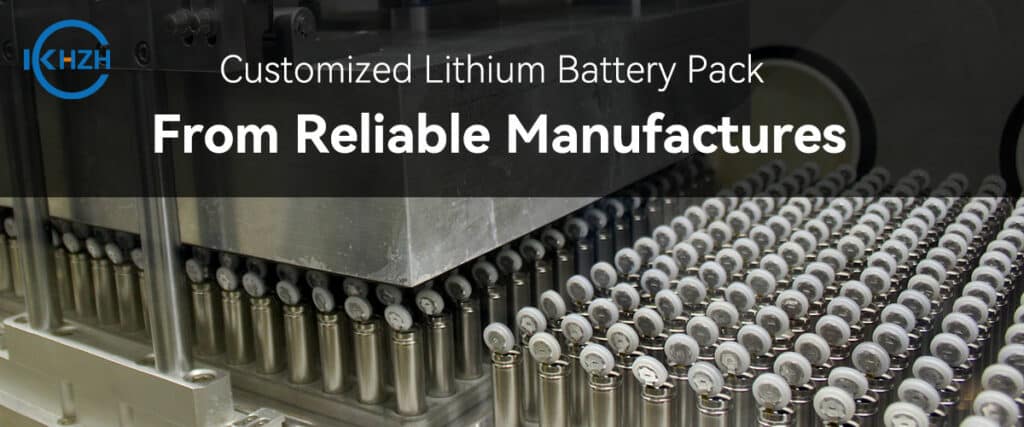
If you are a buyer who intends to enter the lithium ion battery market newly or used to make lead-acid batteries and want to upgrade to lithium battery product line, then the following three ways to find Lithium Battery Supplier
1. Industry trade shows and conferences: participate in industry events and interact with suppliers
Participating in industry trade shows and conferences is an important way to interact directly with potential suppliers. These events often bring together professionals and suppliers from across the industry, providing you with the opportunity to learn about market trends, product innovations, and meet suppliers face-to-face. By visiting booths, attending seminars and presentations, you can gain insight into the products, solutions and services of different suppliers. This hands-on involvement helps to build business relationships and deepen your understanding of suppliers so that you can better select the right partner.
2. Online search and B2B platforms: Utilizing online resources to find supplier lists
Through online search and professional B2B platforms, you can extensively search for potential suppliers of lithium batteries. Search engines can help you locate potential partners, while B2B platforms provide a centralized resource base, including company information, product introduction and contact information of various suppliers. You can filter and compare the characteristics of different suppliers according to your needs. This approach enables you to quickly access supplier information, make initial evaluations and contacts, and lay the foundation for future cooperation.
3. Social Media and Professional Communities: Join Industry Communities for Advice and Recommendations
Social media and professional communities are a great way to connect with industry peers and experts and get advice and recommendations. By joining relevant industry social media groups, LinkedIn groups, etc., you can interact with industry professionals and share experiences and information. In these communities, you can ask questions about finding a supplier and get recommendations and suggestions from others. This approach not only helps you find trusted suppliers, but also helps you understand industry dynamics and best practices so you can make more informed decisions.
Lithium Battery Supplier Screening and Evaluation
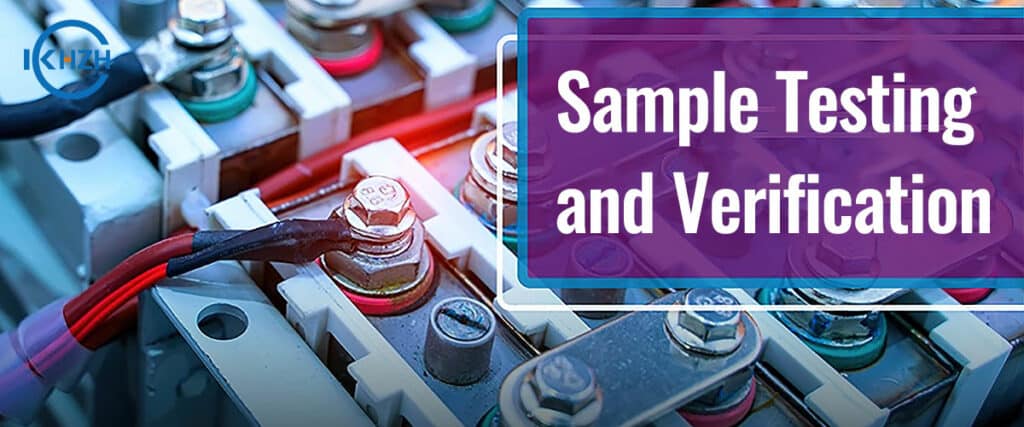
By evaluating the technical capability, quality control and certification, as well as production capacity and stability, you can get a more comprehensive understanding of a supplier’s capability and reliability. All these factors are essential in selecting the right lithium battery supplier to ensure you get high quality, reliable products and establish stable business relationships.
1. Technical capability assessment: Check the supplier’s technical strength and innovation ability.
Find out whether the supplier has mastered advanced battery technology, design and manufacturing methods. You can examine the supplier’s R&D team and laboratory facilities to find out if they have the ability to solve technical challenges and innovate continuously. Ask if the supplier has introduced innovative products or solutions in the past and how they maintain their technological competitiveness.
2. Quality control and certification: Find out about the supplier’s quality management system and certification.
Ask the Lithium Battery Supplier for detailed information about their quality management system, such as quality control processes during production, testing equipment and standards. In addition, find out if they have obtained relevant industry certifications, such as ISO 9001 quality management system certification. Certification can be an important proof of a supplier’s quality control, helping you to ensure that you are getting high quality products from them.
3. Production capacity and stability: Evaluate whether the supplier can meet your mass production needs.
Find out the size of the supplier’s manufacturing equipment, production lines and capacity. Ask if they are equipped to handle high volume orders and find out if they have had successful mass production experiences in the past. In addition, assess the supplier’s supply chain stability and risk management practices to ensure that they have a consistent supply of the materials and components they need.
Sample Testing and Verification
Once you’ve gone through the above screening and decided to work with a potential Lithium Battery Supplier, you can conduct sample testing. You can directly verify their quality, performance and adaptability. Tests covering charging and discharging performance, cycle life, temperature adaptability and more. Allow you to evaluate the product more fully to ensure it meets your requirements and expectations.
When the sample testing is completed and can meet your testing requirements and expectations from the supplier, you can obtain a detailed quotation from the lithium battery supplier, including price and delivery conditions. If possible, field reference the supplier’s production environment.
7 Points to Ask About OEM Lithium Batteries
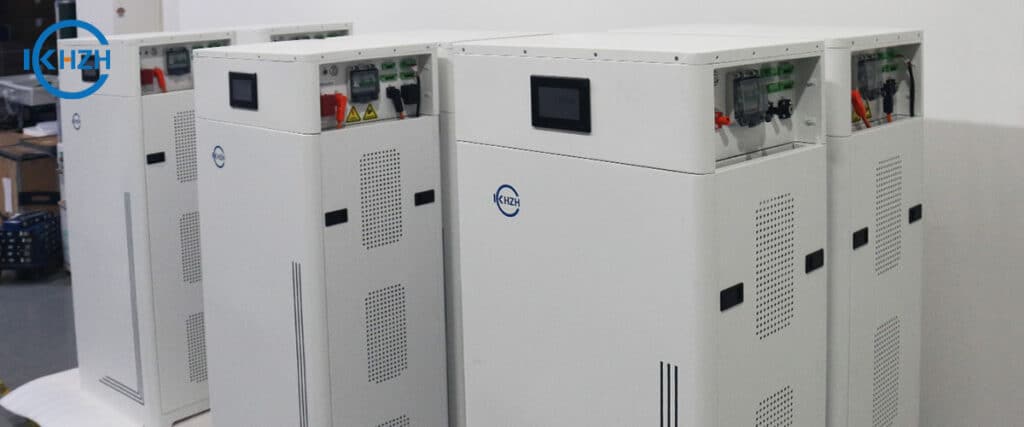
1. WHEN trying to find out lithium battery factory was founded, you can inquire about how long they have been in business, how long they have been serving the lithium battery industry, and whether they have supplied batteries to major OEM customers. You can also ask if they offer a combination of battery types, such as liquid-rich lead-acid, AGM, AGV Battery, and lithium-ion batteries. If the supplier is an emerging company, just starting out in the new energy space, or has not yet supplied batteries to OEMs, you may want to consider further.
In contrast, well-established and experienced companies are familiar with the lithium battery industry, and they manufacture and sell a diverse range of lithium battery products. These companies typically have a deep understanding of the issues that can affect battery performance and life, and have incorporated solutions to these issues into their products.
2. HOW long have you been working in lithium ion technology? Again, if the answer is only a few years, then the company probably has a lot to learn.
3. WHAT kind of customer support do you offer? Make sure the company has customer support hotlines in the U.S. and Europe staffed by real people who can answer questions and help your technicians solve problems. Ask if 24/7 support is available and if the staff includes a representative responsible for lithium-ion products. Many newcomers to the market simply do not have the infrastructure to provide this level of service.
4. HOW do you support the distributors who sell your products? You don’t want to lose contact with a vendor simply after selling a product. To avoid endless phone calls and long wait times, you should look for manufacturers that maintain systematic communication with their dealers. Ask if the manufacturer has a network of authorized dealers through which it trains dealers to sell its products and provides them with the information and materials they need.
5. HOW do you ensure the quality and certification of your batteries? It takes a lot of time to find a reliable Lithium Battery Supplier in a vast network. Whether you are an engineer or have customization needs, high quality lithium batteries with full certification are essential. Ask the supplier what type of cells they use, there are three types of cells: steel casing cylindrical, soft pack aluminum-plastic film and square aluminum casing.
Ask if they are ISO:9001 certified and if they are licensed according to the requirements of your local market.
6. WHAT makes your batteries different from others in terms of design and engineers? Look for products with UL1973 certificationand at least an IP67 rating. This helps protect the battery from vibration, water and dust damage and can extend its life. Make sure the battery is recessed and modular and expandable.
Ask how the design of the battery moves the harmful heat it generates away from the battery. Most Lithium Battery Supplier accomplish this with inexpensive components called heat sinks because they are easy to make and add.
But heat sinks shouldn’t be the only method of heat management. Well-made batteries reduce the amount of heat generated and are designed to cool naturally. This requires more engineering expertise, but it can improve efficiency, increase safety and extend battery life.
7. WHAT safety features are built into your batteries? Look for batteries that use lithium iron phosphate, one of the most stable lithium-ion battery chemistries. Make sure your Lithium Battery Supplier is using a good BMS. lithium iron phosphate batteries have a BMS protection board that can instantly and accurately grasp the status of the battery. During the charging and discharging process, it collects the terminal voltage, temperature, charging and discharging current and total voltage of each battery in the battery pack in real time, so as to prevent the battery from overcharging or over-discharging. This in turn improves the efficiency and service life of the entire lithium battery.
Stocking batteries based on pricing alone is a big mistake that could affect your profits. Be sure to compare manufacturers’ experience, support services and products. Investing a little time in your decision making can pay big dividends in sales, service and customer satisfaction.
Conclusion How to Choose Lithium Battery Supplier
With the key steps listed above to find a lithium battery supplier, we hope you find a reliable partner who can work with you in the long run. Choosing the right supplier is crucial to the success of your project. KHLitech As a battery storage system manufacturer with 15 years’ experience, we can provide standard battery products and one-stop battery storage customization service from battery, BMS to structure design, including OEM and ODM, please feel free to contact us if you have any questions about lithium battery.

